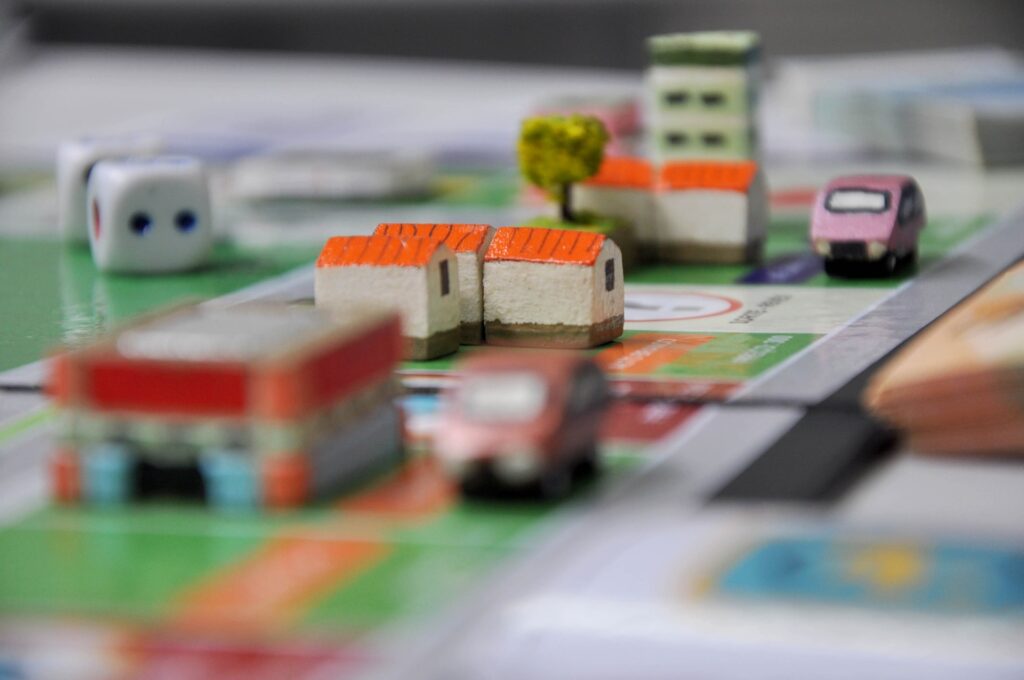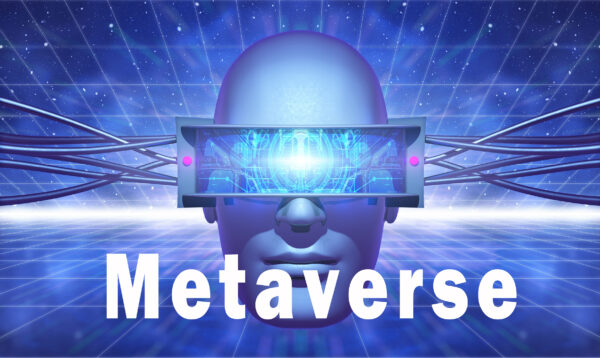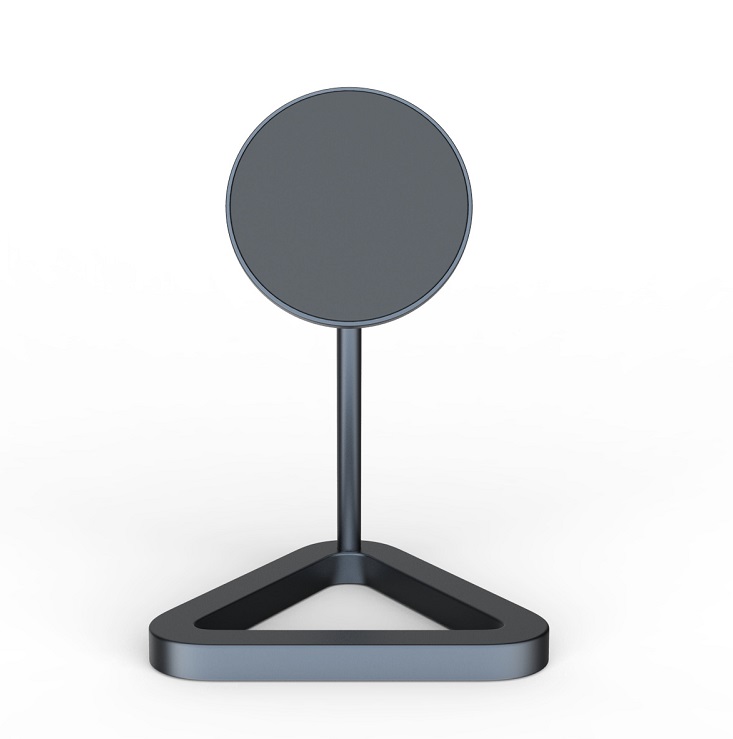I don’t know if you have heard about the recent “real estate speculation group” making a comeback, but it is not speculating real houses, but speculating houses in the Metaverse. Last month, singer Lin Junjie said on Twitter that he bought three virtual plots of land on an online gaming platform, which was estimated to cost more than 700,000 yuan. After buying the virtual land, as the “owner”, you can build a virtual house on it, or you can resell this land together with the house in the game at any time.
In addition, according to a report from China Business News, in China, the Rainbow Universe game, which focuses on the Metaverse concept, has already owned more than 100 sets of properties of different levels, and these properties have now appreciated.

And it should be noted that buying a house in Metaverse is not just a ticket for a single player, but institutional investors and companies are also entering the market on a large scale.
According to statistics, on the world’s popular gaming platforms, the virtual land transaction volume in November reached 228 million U.S. dollars, which was 7 times the transaction volume in October; and the virtual land valuation in November was 9 times higher than that in September.
Now, if you want to buy a piece of land on a popular gaming platform, the minimum price is 80,000 yuan.
Even professional virtual real estate developers have emerged to buy land and build buildings in Metaverse, and then sell them. There is an American virtual real estate developer called Republic Realm that bought about 2500 virtual land on 19 different Metaverse platforms. The purchase price of a piece of land is 4.3 million US dollars, which is enough to buy a few houses in China’s first-tier cities.
You see, a global Metaverse real estate speculation is coming, and it is estimated that it will become another hot spot of speculation after the virtual currency.
That’s the news, let’s see what we can learn.
I am a “post-80s”. Upon hearing the news of Metaverse real estate speculation, my first reaction was: Isn’t this the video game “Monopoly” that I played when I was a child? Later, my friends from the “post-90s” told me that they had also played it, but it was not a video game, but a board game. When “Monopoly” was first invented, it was a board game.

The rules of the game are as follows: Players can randomly walk to a place by throwing dice, then they can buy the land here, and then continue to invest in building buildings to increase the value of the land. Anyone who passes by this land will have to pay you tolls; the more expensive the land, the higher the tolls.
In the end, the person who has no money to pay tolls goes bankrupt, and the person who owns the most and most expensive real estate becomes the winner of the game. Unexpectedly, this virtual “Monopoly” game is being staged in the virtual Metaverse.

And did you know that “Monopoly” is not an ordinary game, it is a political fable about monopoly? In 1903, when the monopoly tycoons such as Morgan, Carnegie, and Rockefeller emerged, a woman named Elizabeth Magie in the United States invented the prototype of this board game. Maggie’s father was an accompanying lawyer for US President Lincoln, and he was very concerned about the monopoly and the gap between the rich and the poor at the time. Under the influence of her father, Maggie wanted to tell everyone the dangers of land monopoly through a game called “The Landlord’s Game” (The Landlord’s Game).
She designed two ways to play this game: one is the current rules, by grabbing land, sitting on the ground and raising the price, squeezing out other game players, in the end, there can be only one winner, and all the others go bankrupt. This version can be called the “dark version”. There is another way to play, which can be called the “bright version”, that is, although the land is yours, the tolls and land appreciation money collected are shared by all players, and the player who reaches a certain amount first wins.
El “dark version” is to reveal the social harm caused by monopoly in American society at the time; the “bright version” is to tell everyone that through land taxation, “equal land rights and increase prices to the public” can achieve common prosperity.
In the beginning, this game was only circulated in American universities and academic circles. Massachusetts Institute of Technology, Princeton University, Wharton School of Business, etc. all used this game as a teaching tool to deduce monopoly and land rent issues with students. Later, Maggie transferred the game patent to the game company and only charged a nominal $500 transfer fee, hoping to spread the harm of monopoly to the wider public. The game company also promised to retain both the “dark version” and the “light version” of the two-game rules when the game is released.

Then why is there only a “dark version” of the later “Monopoly”? The reason is simple, it is a pure market choice: everyone likes to play the “dark version”, everyone wants to be a “monopoly”, and no one is interested in the “light version”. To maximize profits, the game company broke its promise and cut the “Bright Edition”, and the game name was changed to “Monopoly”, which means “monopoly” in English.
After Maggie learned, she was very angry and complained to the media, but the matter didn’t stop. Later, an economics professor at the University of San Francisco, because he couldn’t bear the game company’s distortion of the author’s original intention, launched a “bright version”, deliberately named “antitrust”, but was sued by the game company for infringement. Until today, we can only play the “dark version” of the Monopoly game, and many people don’t even know that there was a “light version”.
This makes me think that in the Metaverse era, human beings have the opportunity to design a better game rule from scratch in the virtual space. The value of the Metaverse to mankind should not only be a digital mirror image of the real world but a possible better world.











